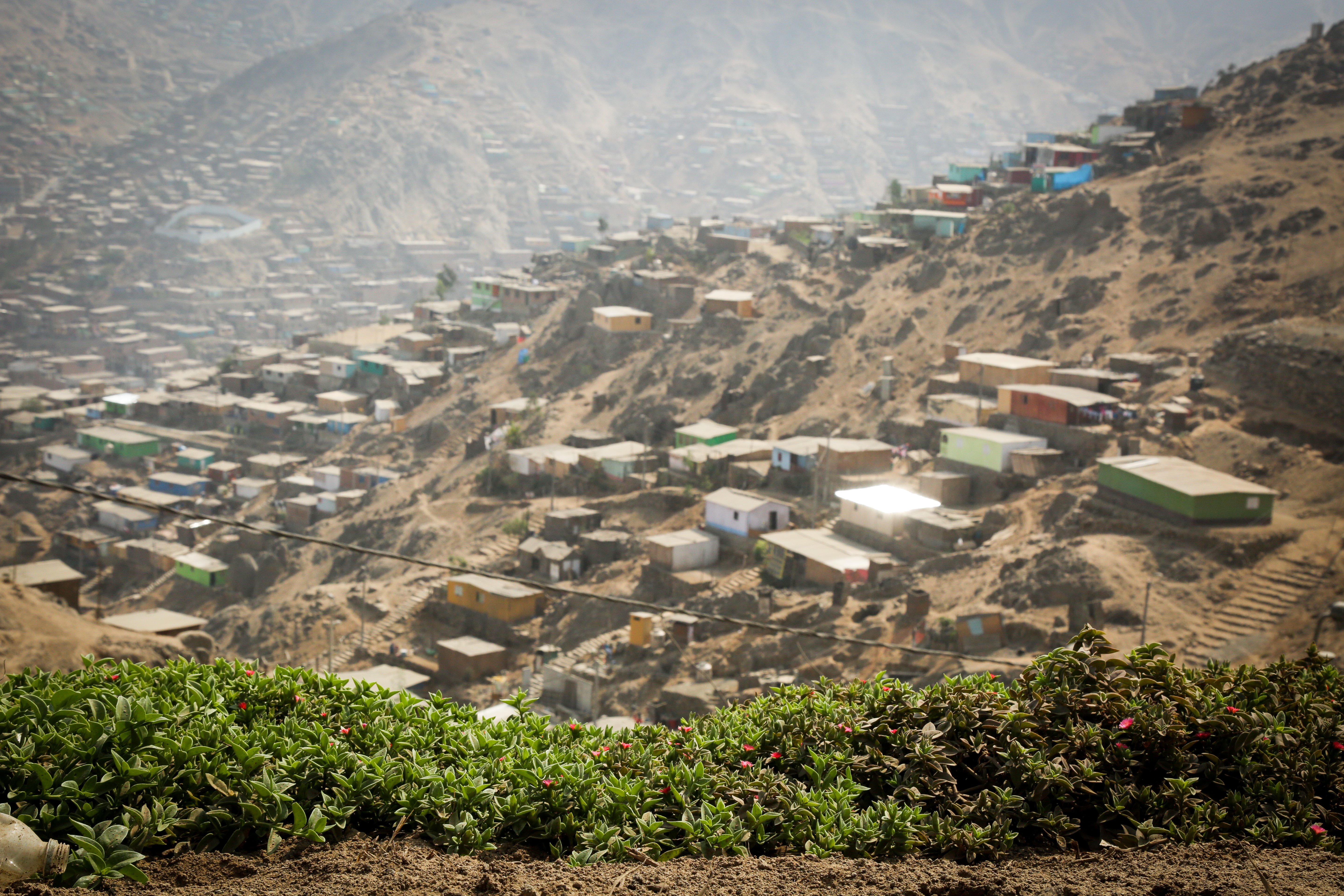
Water scarcity is one of the most pressing environmental issues in Lima, Peru. The Lima Ecological Infrastructure Strategy (LEIS) was developed between 2011-14 to address this problem as well as the inequalities in basic services distribution such as provision of drinking water, proper wastewater treatment and access to green open spaces. The aim of the strategy is to integrate in a participatory way urban landscape planning and design with water management in order to support the urban water cycle. The development of the strategy was led by Institute of Landscape Planning and Ecology (ILPÖ) of the University of Stuttgart in cooperation with partners in Peru. The strategy includes a set of resources for water-sensitive urban design: the LEIS Manual, the LEIS Tool and the LEIS principles. The principles were approved by the Lima Metropolitan Municipality and were to be considered in the future Metropolitan Urban Development Plan. A number of demonstration projects were developed and implemented in Lima to test and refine the strategy.
